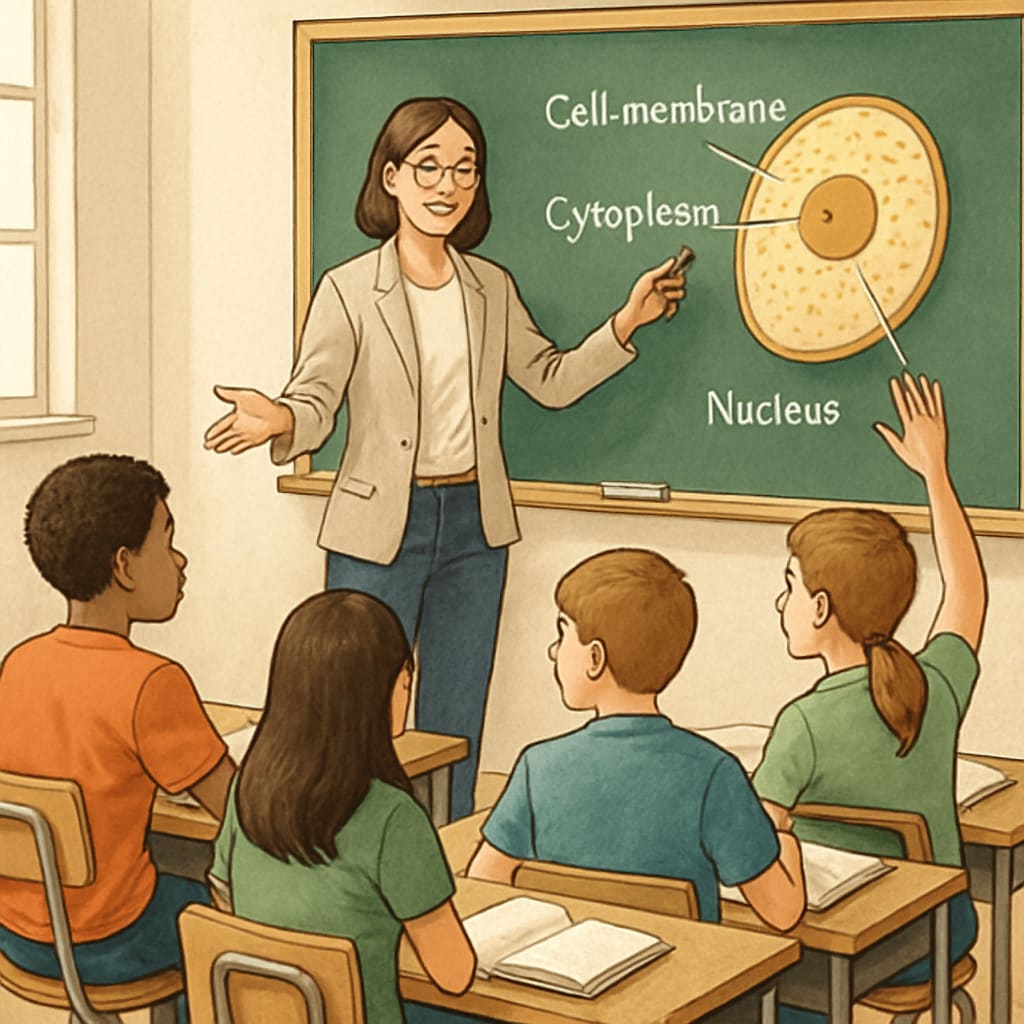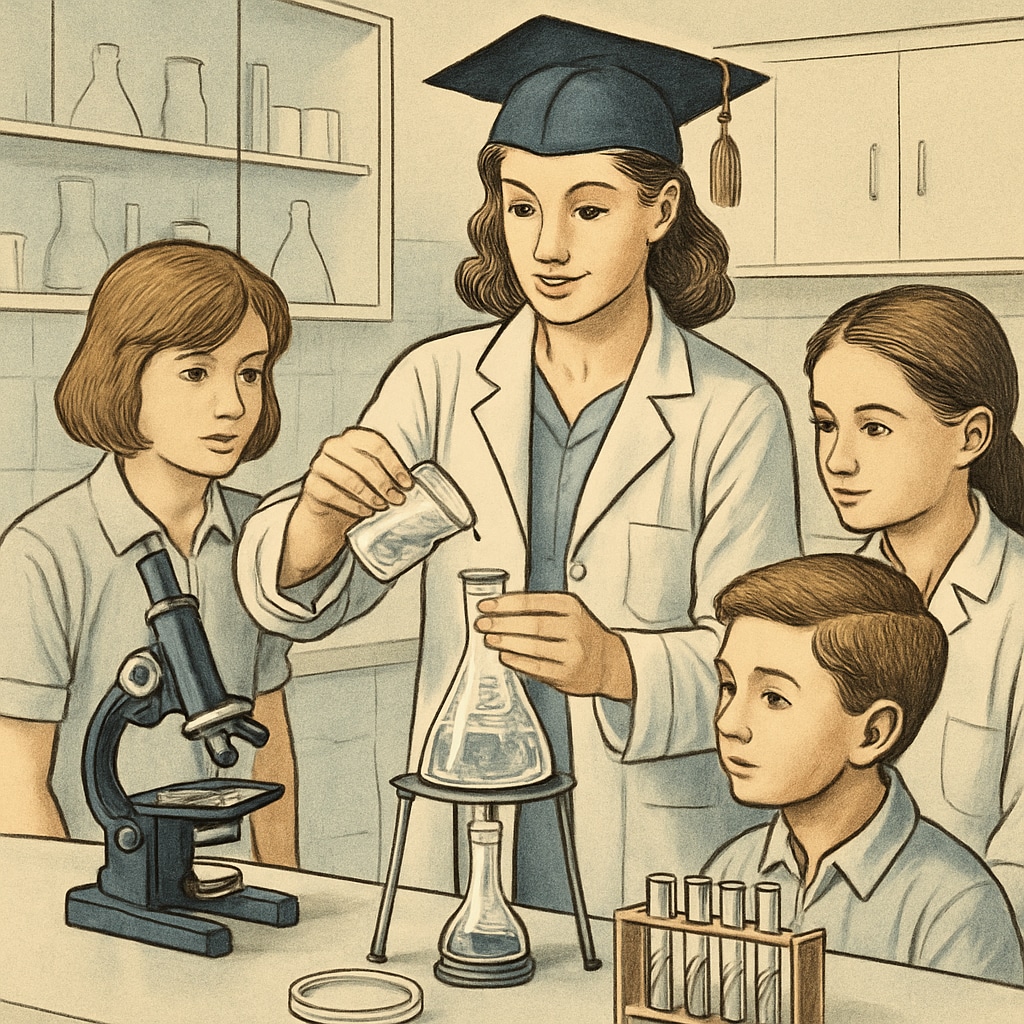The transition from a biology background to pursuing a master’s degree in education is a compelling career path that showcases the power of interdisciplinary learning. For biology graduates, this professional conversion opens up opportunities to contribute to the educational sector, leveraging their scientific expertise to inspire future generations. This article examines the feasibility of this transition, the unique advantages of combining biology with education, and practical strategies for success in this journey.
Why Transition from Biology to Education?
Biology graduates are uniquely positioned to contribute to the field of education. Their deep understanding of life sciences allows them to teach complex concepts with clarity and enthusiasm. Additionally, with a rising demand for STEM (Science, Technology, Engineering, and Mathematics) educators, individuals with strong scientific backgrounds are increasingly sought after in schools, colleges, and educational programs.
Some of the key motivations for making this shift include:
- A passion for teaching and inspiring young minds.
- The desire to bridge gaps in STEM education by providing hands-on, real-world insights.
- Opportunities for personal growth and the chance to impact society positively.
Furthermore, the skills acquired during a biology degree, such as critical thinking, research, and data analysis, are highly transferable to the education field, making the transition smoother than it might initially appear.

Advantages of an Interdisciplinary Background
Combining expertise in biology with a master’s degree in education offers several benefits:
- Enhanced Teaching Abilities: A biology background equips educators with a strong foundation in scientific methodologies, enabling them to explain concepts in an engaging and evidence-based manner.
- Curriculum Development: Professionals with interdisciplinary knowledge can design innovative lesson plans that integrate biology with other STEM fields, fostering a holistic learning experience.
- Research Opportunities: A cross-disciplinary approach opens doors to educational research, such as studying effective teaching methods in science education or evaluating student learning outcomes in STEM subjects.
As a result, educators with a biology background can create an enriched learning environment that encourages curiosity and critical thinking, vital for students’ academic and personal growth.
Practical Steps for Transitioning to a Master’s in Education
For biology graduates considering this path, here are some actionable strategies to ensure a seamless transition:
- Research Program Requirements: Different universities have varying prerequisites for their education programs. Some may require prior teaching experience or specific coursework, so it’s essential to check admission criteria early.
- Gain Teaching Experience: Volunteering as a tutor, teaching assistant, or participating in educational outreach programs can provide valuable experience and strengthen your application.
- Highlight Transferable Skills: During the application process, emphasize skills gained from your biology background, such as analytical thinking, problem-solving, and attention to detail.
- Seek Mentorship: Connect with professionals who have made similar transitions. Their insights can help you navigate challenges and identify opportunities in the education field.
By following these steps, prospective students can build a strong foundation for their new career in education.

Future Prospects and Impact
The decision to transition from biology to education is not only a personal career shift but also a step toward addressing broader societal needs. According to UNESCO, the global demand for qualified STEM educators is increasing, and professionals with strong scientific backgrounds are critical to meeting this demand. Graduates who complete a master’s in education can pursue roles such as:
- High school science teachers specializing in biology.
- Curriculum developers for STEM education programs.
- Educational consultants focusing on science outreach and engagement.
- Researchers in science education, working to improve teaching methodologies.
In addition, this interdisciplinary pathway allows individuals to make a tangible impact on the next generation, fostering a love for science and lifelong learning among students.
In conclusion, the transition from a biology background to a master’s degree in education is both feasible and rewarding. By leveraging their scientific expertise and gaining pedagogical skills, biology graduates can contribute meaningfully to the education sector, addressing the critical need for STEM educators. For those passionate about teaching and making a difference, this career path offers immense opportunities for growth and fulfillment.
Readability guidance: This article uses clear structure, concise language, and effective transitions to ensure readability. It incorporates actionable advice, examples, and lists for better reader engagement. Passive voice is minimized to maintain an active tone throughout.


